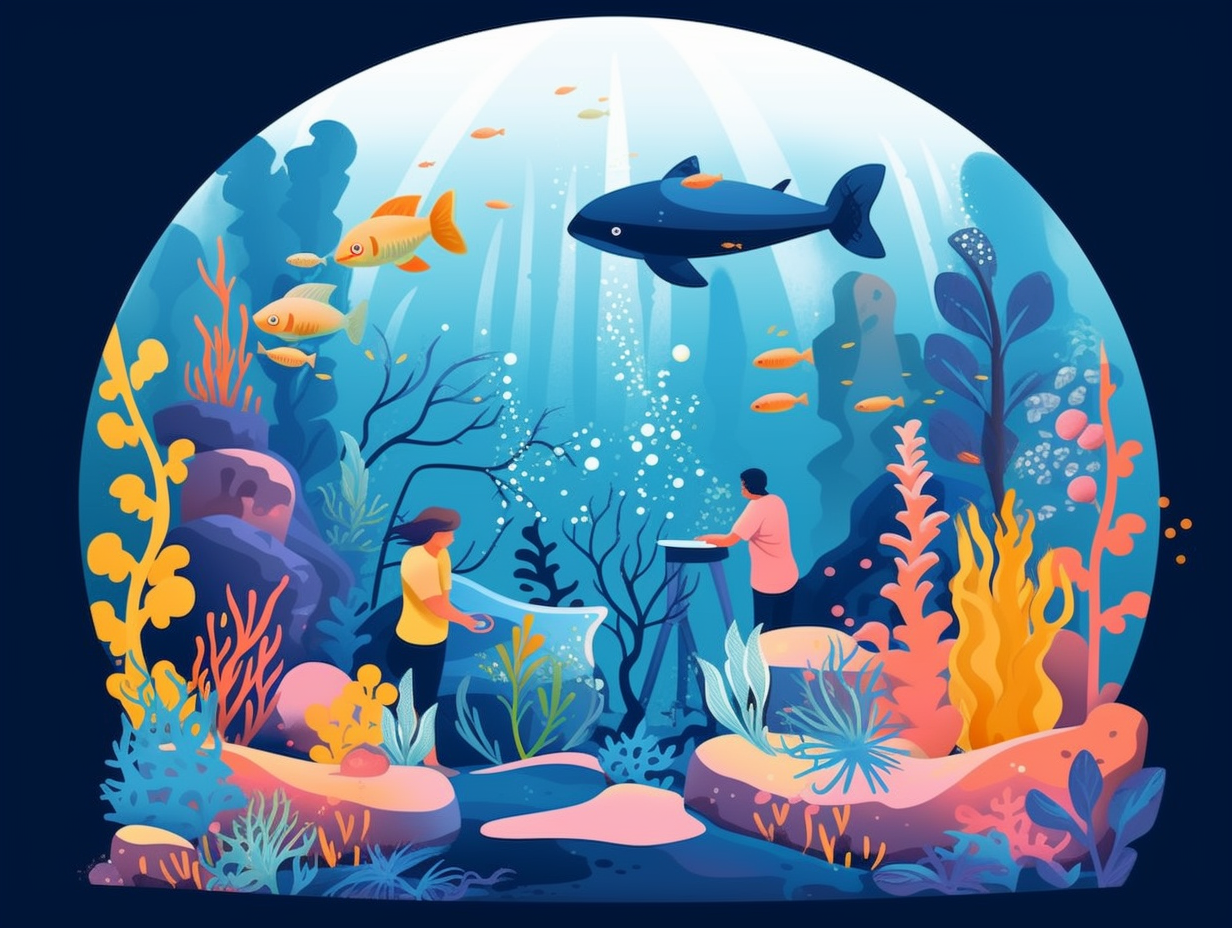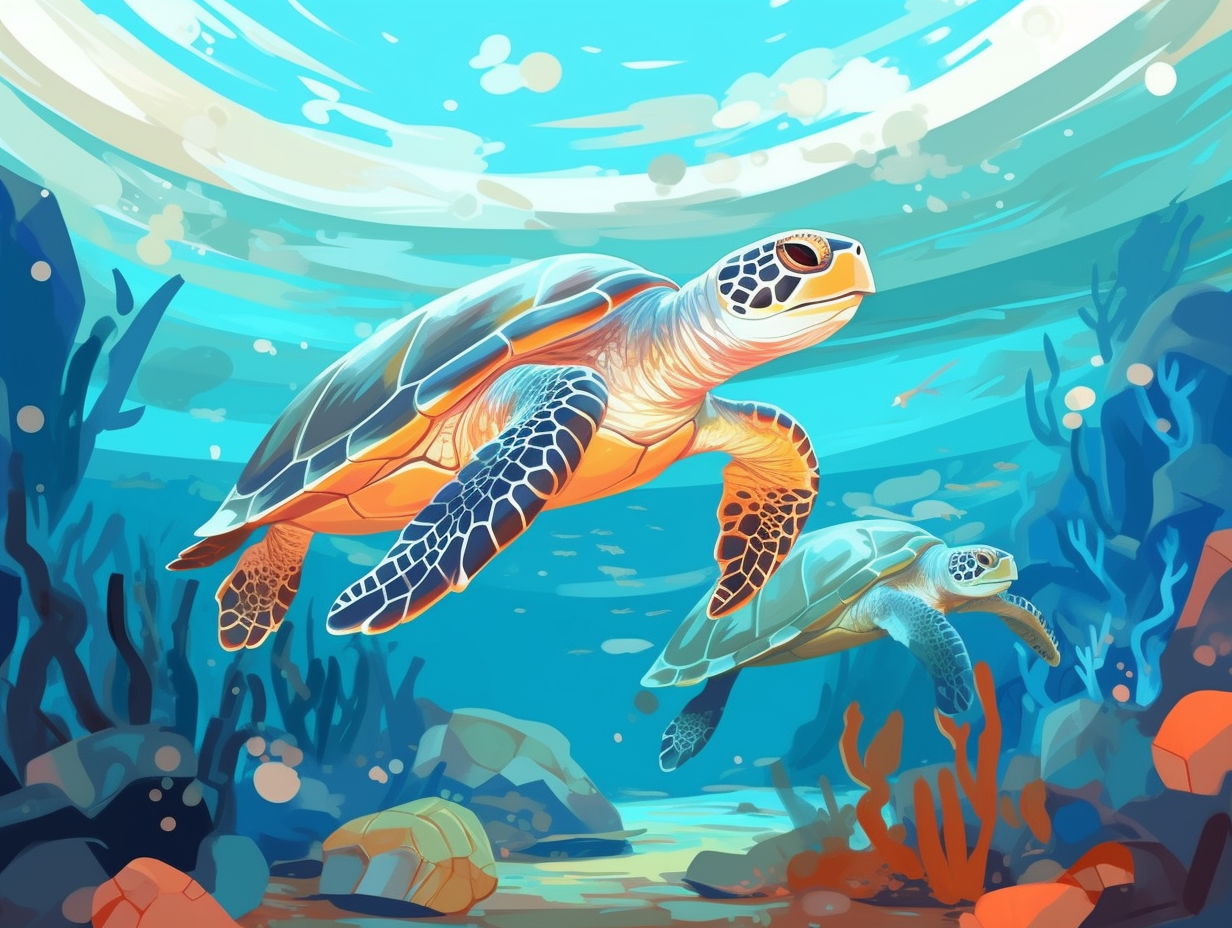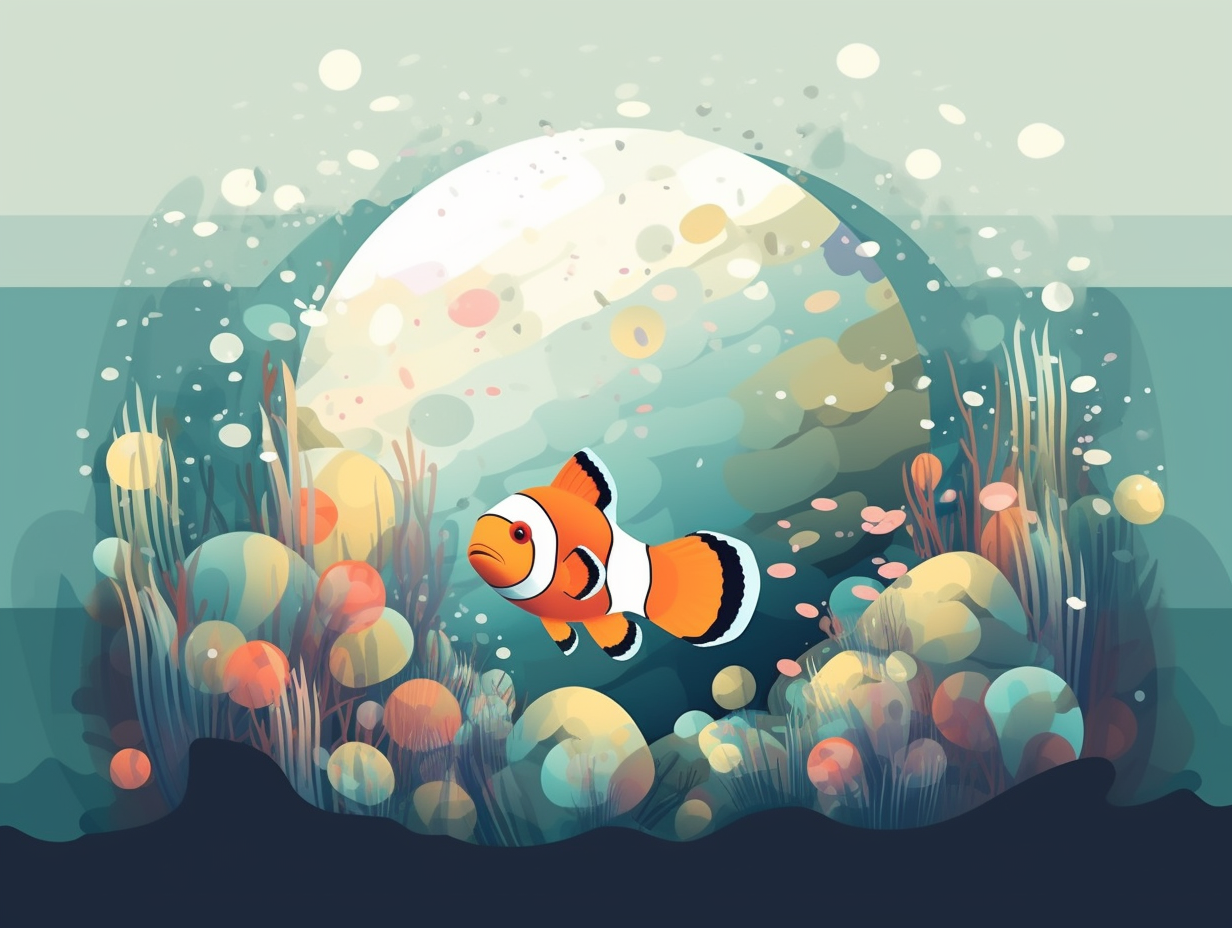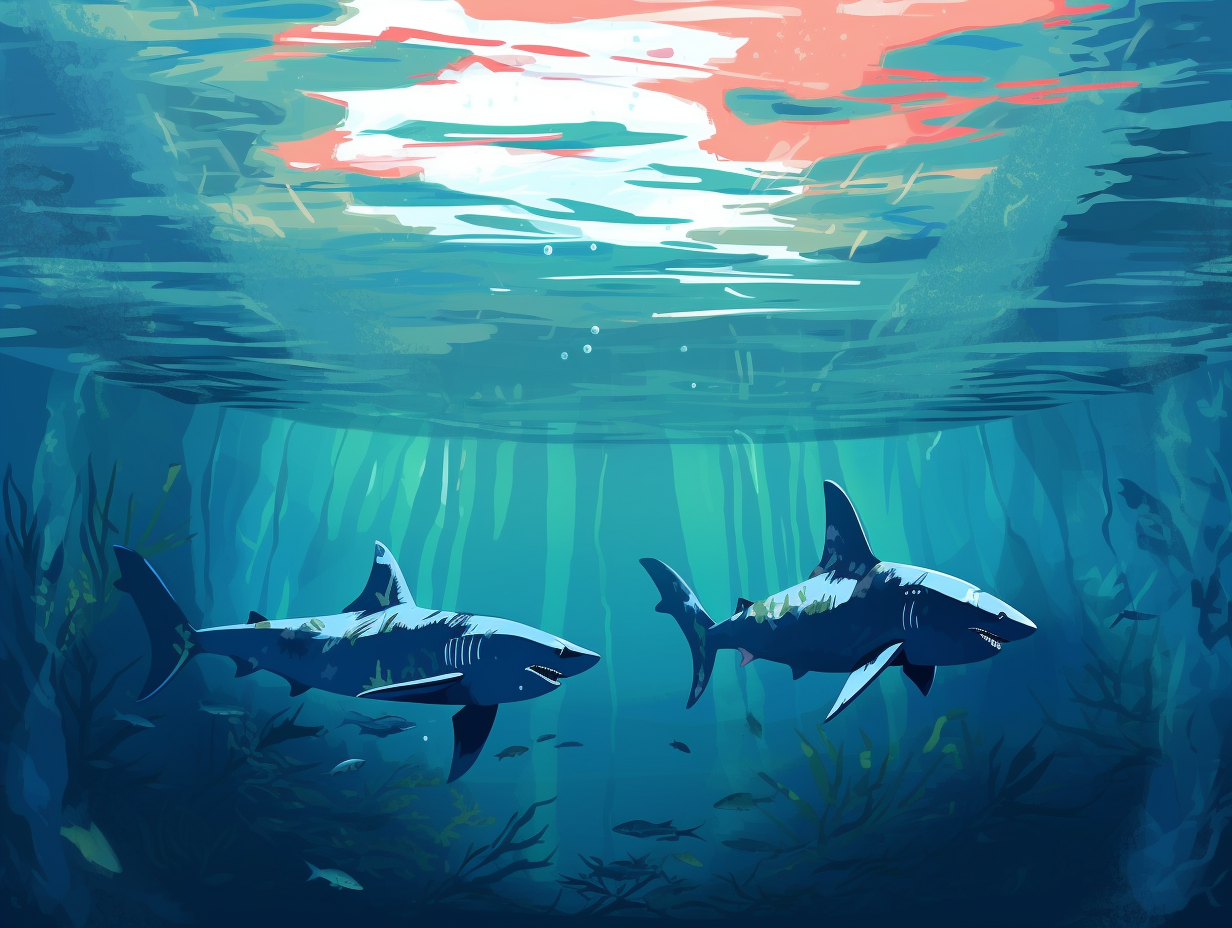Discover the Ocean's Cleverest Creatures: 12 Amazing Octopus Fun Facts for Kids

1. Squishy Escape Artists
Behold the squish wizard of the sea, the master of the "now you see me, now you don't" disappearing act: Octopuses can sneak their stretchy bodies into tiny openings, sometimes slinking through spaces just an inch in diameter, while also flaunting their chameleon-esque talents by changing skin color to blend in with their surroundings.
Source => texashillcountry.com
2. Independent Limb Coordination
You might say octopuses are the ultimate multitaskers, juggling several arms without even breaking a sweat – or perhaps that should be "without even breaking an ink-sweat!" But what's the trick behind their masterful limb coordination? The surprising reveal: Octopuses possess a one-of-a-kind neural system that enables each arm to function independently, sensing and controlling their movements without input from the main brain. This impressive feat is made possible by a series of interconnecting nerve cords that facilitate rapid communication between all arms, making these eight-armed wonders even more extraordinary!
Source => scientificamerican.com

Did you know that jellyfish have been around for over 500 million years? 🐙 Discover how these graceful ocean boppers earned the title 'Sultan of Slime' and their surprising connection to Utah!
=> Fun Facts about Jellyfish
3. Fashion-Forward Chameleons
Who needs a fancy color-changing outfit when you can be an octopus? These amazing aquatic escape artists can go from drab to fab in the blink of an eye, leaving fashionistas everywhere gasping for air: Turns out, they have tiny color-changing organs called chromatophores in their skin, which are controlled by their brain's direct neural signals, letting them blend into their surroundings in a mind-blowing 100 milliseconds!
Source => livescience.com
4. Speedy Jet-Propelled Swimmers
Ready, set, jet! Octopuses are the underwater masters of aerobics, leaving even the fanciest rocket ships in their watery wake: By taking in water and propelling it out through their siphon like a jet engine, these cunning cephalopods can reach whopping speeds of 25 miles per hour, giving their squid and cuttlefish cousins a run for their money! And as a bonus lap, they can even shoot out ink to cloud up the water like a stealthy ninja smokescreen.
Source => cimi.org
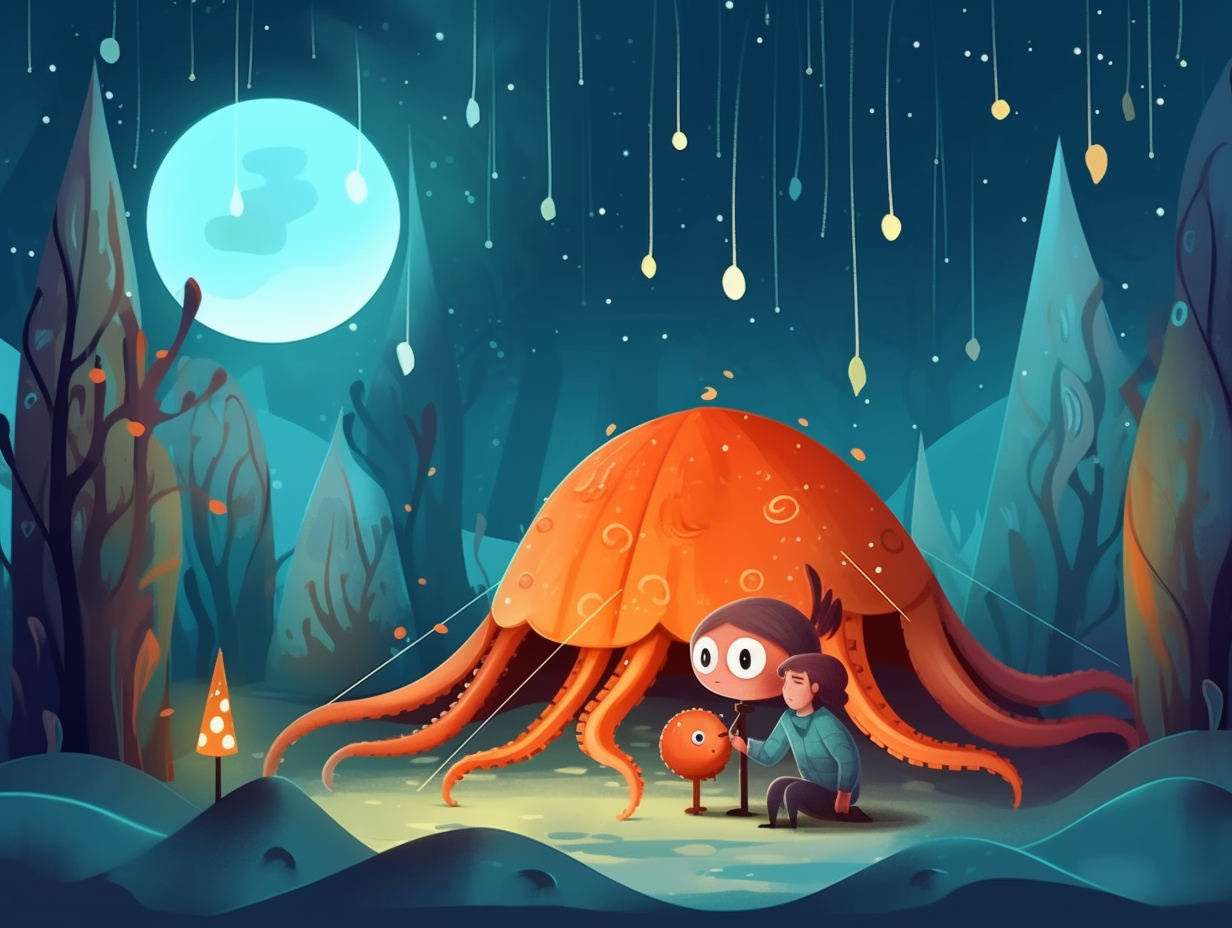
5. Sensational Multi-Sensing Arms
Feeling a little touchy? Octopuses put our five senses in their place as they take theirs for a wild ride on their sucker-covered arms: These 8-leggy superstars boast around 3,000 suckers per arm, each equipped with 10,000 sensory neurons, allowing them to discern textures, shapes, and even taste - talk about a multitasking maestro! Bonus fact: they've got a built-in "don't-touch-myself" sensor, avoiding any awkward arm tangling.
Source => theworld.org
6. Tentacle Power Regeneration
What do octopuses and cartoon characters have in common? They both know a thing or two about regrowing their limbs like a walk in the park! Although don't expect an octopus to start yelling "I'm ready!" when regenerating its tentacles: Octopuses have a protein called acetylcholinesterase (AChE) that enables them to regrow their tentacles to nearly the same quality as the original, while us humans have that protein too but at a much less active level. And remember, an octopus can't regrow an entire new body, so don't leave them hanging without a hug!
Source => smithsonianmag.com
7. Underwater Stylish Gardeners
Move over, Marie Kondo, there's an eight-armed interior designer you've never heard of: Octopuses actually gather pretty rocks and shells, arranging them like an underwater garden outside their hiding spots for both aesthetic appeal and potential camouflage against curious intruders. So, not only are octopuses smart, they also have an innate sense of style!
Source => blog.padi.com
8. Invisibility Cloak Masters
Octopuses: the original masters of finders-keepers, and hide-and-seek champions of the sea! With their own version of an invisibility cloak – their color-changing cells called chromatophores – they glide through the oceans, adopting unique hues and textures to blend in with their environment or flaunt vivid patterns to ward off potential threats: These clever cephalopods can change their appearance to seamlessly hide from predators, and some species, like the Mimic Octopus, take the art of prestidigitation a step further by imitating other marine animals, making them the ultimate oceanic illusionists.
Source => ocean.si.edu
9. Blushing Chameleon Houdinis
Why did the octopus blush? It wasn't shellfish at all; it was a master of camouflage! With the natural knack to perform the most impressive disappearing acts, octopuses can transform their color, texture, and even their very shape to become one with their surroundings, outsmarting even the sharpest-eyed predators: Voilà, the ocean’s ultimate houdinis have the uncanny skill to blend into rocks, corals, and plants, achieving dazzling levels of invisibility.
Source => animalsfyi.com

10. Octo-network of Nine Brains
If the octopus were in school, it would raise all eight hands to show off its smarts: octopuses have nine brains – one central brain between their eyes and a mini brain in each of their eight arms, for top-notch problem-solving and fancy footwork.
Source => newscientist.com
11. Eight-Armed Genius of the Sea
You might think octopuses are just leggy sea flirts with a knack for giving eight-armed hugs, but they're actually quite the masterminds of the ocean floor: Octopuses are considered the most intelligent invertebrates, boasting advanced sensory systems as well as impressive learning, problem-solving, and memory skills—all packed into an admittedly short lifespan of 1 to 5 years.
Source => avma.org
12. Peaceful Octopus Roomies
Move over, roommates from sitcoms: there's a new gang in town that knows a thing or two about sharing spaces without wanting to eat each other! Octopus laqueus, contrary to their fellow eight-legged brethren, can actually coexist peacefully, sharing dens and tanks without resorting to cannibalism or a great escape.
Source => journals.plos.org
Related Fun Facts

